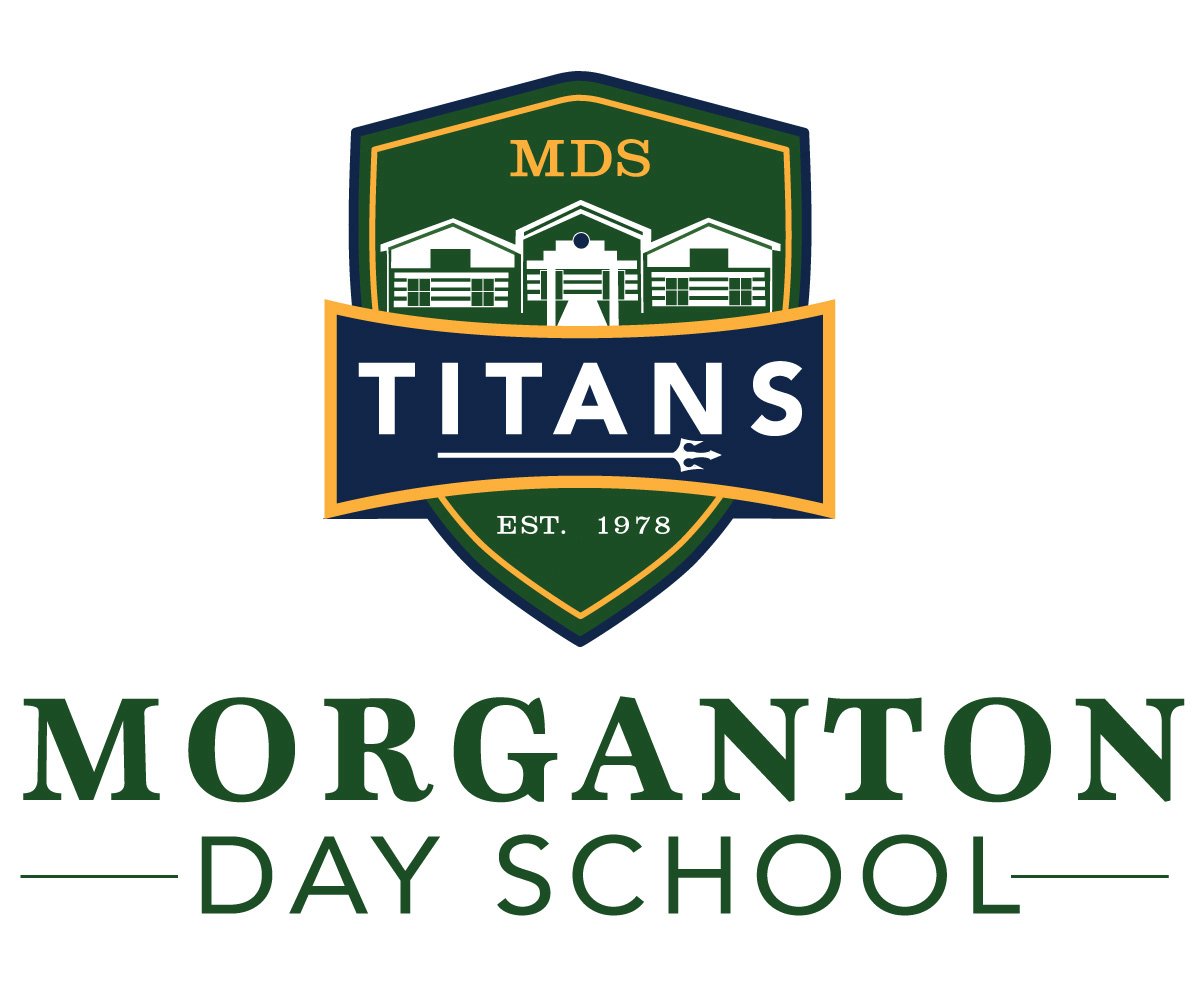Approaches to Learning
Approaches to learning (ATLs) are an integral part of an IB education. These skills are grounded in the belief that learning how to learn is fundamental to the IB student’s education. Five categories of skills aim to support students of all ages. They include:
Research Skills
Thinking Skills
Communication Skills
Self-Management Skills
Social Skills.
Through these Approaches To Learning, students have opportunity to demonstrate agency in their learning and know how to ask good questions. They also develop the ability to set effective goals and pursue their aspirations with the determination to achieve them. These skills "encourage students to see their learning as an active and dynamic process." (IBO 2017)
Each day, teachers foster and support the development of these skills by embedding them in authentic learning experiences. This looks like:
Asking open-ended questions and teaching students to ask questions
Helping students set effective goals
Encouraging motivation and perseverance
Presenting students with a variety of learning processes
Reflecting on achievement and areas of growth
This week, our eighth graders explained how they put years of practicing these skills into action. The IB Personal Project is a self-driven, year-long experience for MDS 8th graders. Students identify a passion or curiosity and then commit to a long-term, self-directed exploration under the guidance of a community mentor. It encourages students to become independent thinkers, responsible learners, and creative problem solvers.
Through this experience, students build essential skills that carry them into the future as lifelong learners. One student reflected, "This project has had an impact on my life. Before this, I had never done anything that required long-term self-management skills. This project was a personal project. It made me much more responsible, and I think I manage my time better now. This project also gave me an opportunity for personal growth and creativity." His project was the kitchen chemistry of bread-baking.
Another student’s goal was to begin logging flight hours and learn about the principles of engineering and the logistics of flight safety involved with being a pilot. "My learner profile attributes for this project were risk taker (I tried something new and challenging); balanced (I kept learning about the plane and about the sky while being aware of what I was doing); and principled (I knew my limits and responsibilities and respected the plane and the pilots). My ATLs were social skills because I got to know people and learned about many aspects of flying, and self-management skills because I kept my project organized and did all that I needed to complete it."
Learning these important skills begins at three years old, where researching involves investigation and asking lots of questions, and continues to develop through the years. If we reflect on our responsibilities and ways of engaging in our world as adults, I'm sure we can see ways we utilize these skills each and every day of our lives. Students build foundational skills in a safe, caring environment where they are valued for who they are and all they are becoming!



